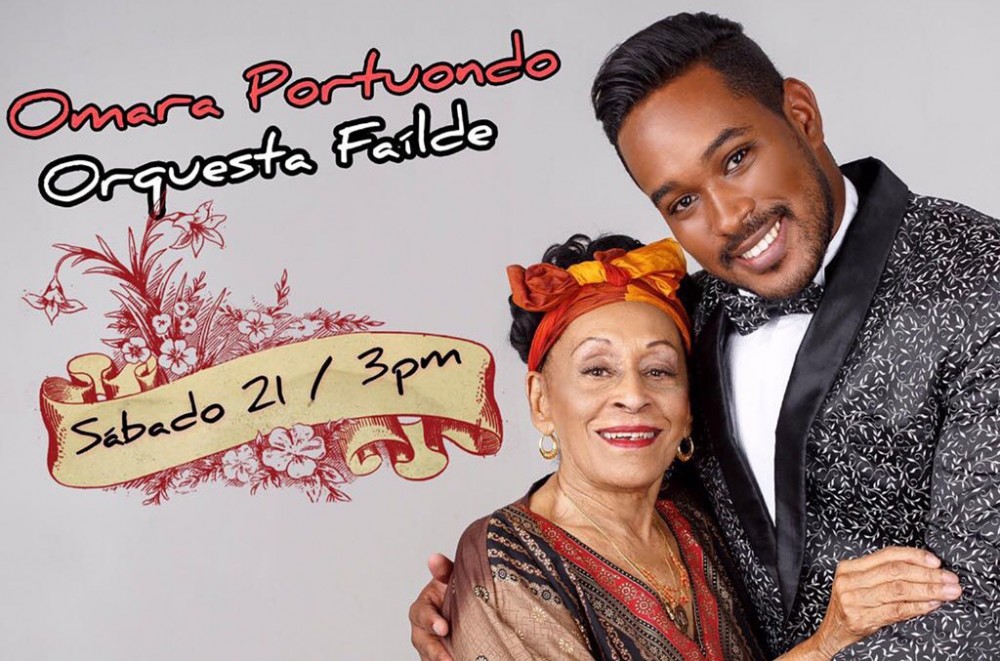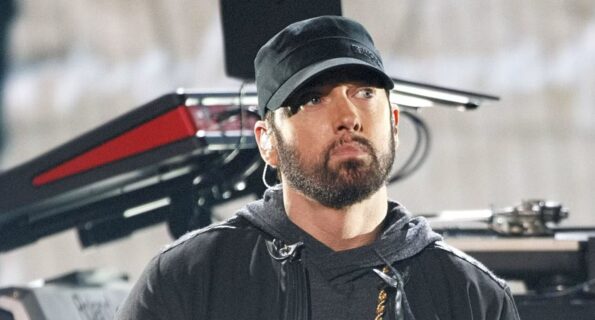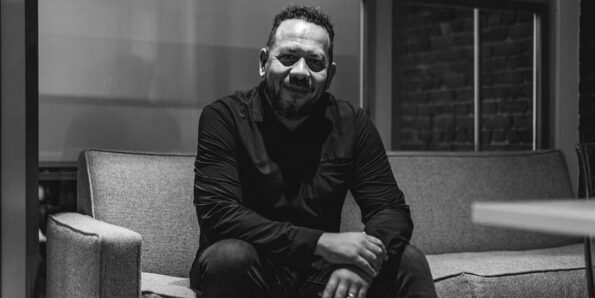The 89-year-old singer will appear Facebook Live with the young revival big band from Matanzas on Saturday.
Clubs and bars in Cuba have shut down, and concerts have been canceled due to coronavirus concerns, but that does not mean that the oxymoronic idea of a silent Havana has become a reality.
Among the Cuban artists making music at home is 89-year-old Omara Portuondo, who will offer a concert on Saturday afternoon with the Orquesta Faílde on Facebook Live.
“We’ll take all the precautions,” says bandleader and flute player Ethiel Faílde, who is the great-great grandson of Miguel Faílde, the composer credited with the formal creation of the danzón at the end of the 19th century. “She’s for the most part confined at home, but she’s doing great.”
Orquesta Faílde, whose 21st-century take on the Cuban big band sound has brought them acclaim on the island, featured Portuondo (best known globally as the female voice of Buena Vista Social Club) on their latest album, Siempre Tu Voz, an homage to Benny Moré. She also sings on the band’s latest single, “Me Desordeno.”
The orchestra had several concerts planned with Portuondo that were canceled due to COVID-19 concerns.
“We proposed the idea of a Facebook concert] to her and she loved it,” Faílde tells Billboard a voice message from Cuba. He adds that the band members will each sit alone when they travel by bus from their native Matanzas to Havana on Saturday, and during the concert will keep their distance from Omara and each other.
“We hope that everyone who connects will participate and message,” says Faílde.
The concert will start at 3 pm Cuba time (3 pm ET), and last between 30 and 45 minutes.
On Sunday (March 22), Orquesta Faílde will perform live (without Portuondo) on Matanza’s Radio 26 (Listeners will also be able to tune in internet at www.radio26.cu.), ensuring that they can continue to play for their Cuban fans who are at home. The concert will also be broadcast on local TV.
“Not everyone in Cuba has internet access,” Faílde says, “So we’re going to use the traditional media we’ve always had to make sure we continue to reach them.”



